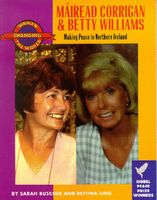Sextius had this habit,
and when the day was over and he had retired to his nightly rest, he would put
these questions to his soul: ‘What bad habit have you cured today? What fault
have you resisted? In what respect are you better?’ Anger will cease and become
more controllable if it finds that it must appear before a judge every day. Can
anything be more excellent than this practice of thoroughly sifting the whole
day? And how delightful the sleep that follows this self-examination – how
tranquil it is, how deep and untroubled, when the soul has either praised or
admonished itself, and when this secret examiner and critic of self has given
report of its own character! I avail myself of this privilege, and every day I
plead my cause before the bar of self. When the light has been removed from
sight, and my wife, long aware of my habit, has become silent, I scan the whole
of my day and retrace all my deeds and words. I conceal nothing from myself, I
omit nothing. For why should I shrink from any of my mistakes, when I may
commune thus with myself?
‘See
that you never do that again; I will pardon you this time. In that dispute, you
spoke too offensively; after this don’t have encounters with ignorant people;
those who have never learned do not want to learn. You reproved that man more
frankly than you ought, and consequently you have not so much mended him as
offended him. In the future, consider not only the truth of what you say, but
also whether the man to whom you are speaking can endure the truth. A good man
accepts reproof gladly; the worse a man is the more bitterly he resents it.’
Seneca,
On Anger, 3.36.1-4

